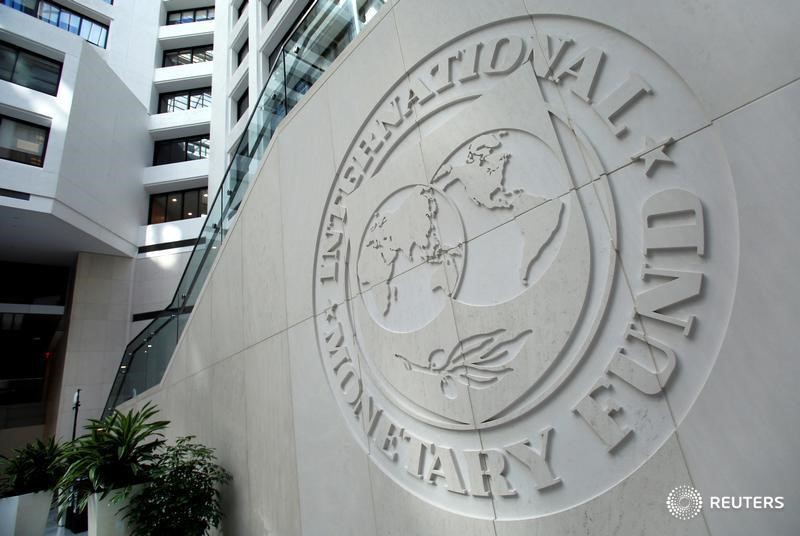By Fatos Bytyci
PRISTINA (Reuters) - Kosovo will need to curb the expensive benefits it pays to war veterans if it wants to keep access to loans from the International Monetary Fund, an IMF official said on Friday.
The benefits were introduced in the run-up to elections in 2014 and have pushed up public spending in the Balkan state. More than 46,000 people have registered, far more than the government expected.
The treatment of veterans of the 1990s war for independence from Serbia is a highly sensitive issue, raising questions over just who fought in the conflict and what they deserve from the young state.
"With the number of veterans we have today, Kosovo is going to spend more than 2 billion euros ($2.1 billion) over the next 20 years on these schemes," Jacques Miniane, head of a visiting IMF mission, told a news conference.
"There is a sense of urgency," he said.
Kosovo agreed a two-year funding deal with the IMF in July 2015 worth 184 million euros, of which it has so far drawn 71 million euros.
"We are trying everything to bring the programme back on track," Miniane said, adding that the IMF Executive Board would decide in January whether to let Kosovo draw the remaining funds.
Two weeks ago Kosovan Prime Minister Isa Mustafa told Reuters his government planned to cap spending on payments to war veterans at 50 million euros a year, as requested by the Fund.
To do that, the government needs to get approval in parliament, a task which will not be easy.
Kosovo's economy grew 4.1 percent last year and is expected to maintain similar growth in 2016 and 2017, helped by strong remittances from abroad and an increase in foreign investment, the IMF says.
With a population of 1.8 million, Kosovo has seen high growth rates since 2008 when it declared independence from Serbia, but not enough to curb the 35 percent unemployment rate.

($1 = 0.9415 euros)